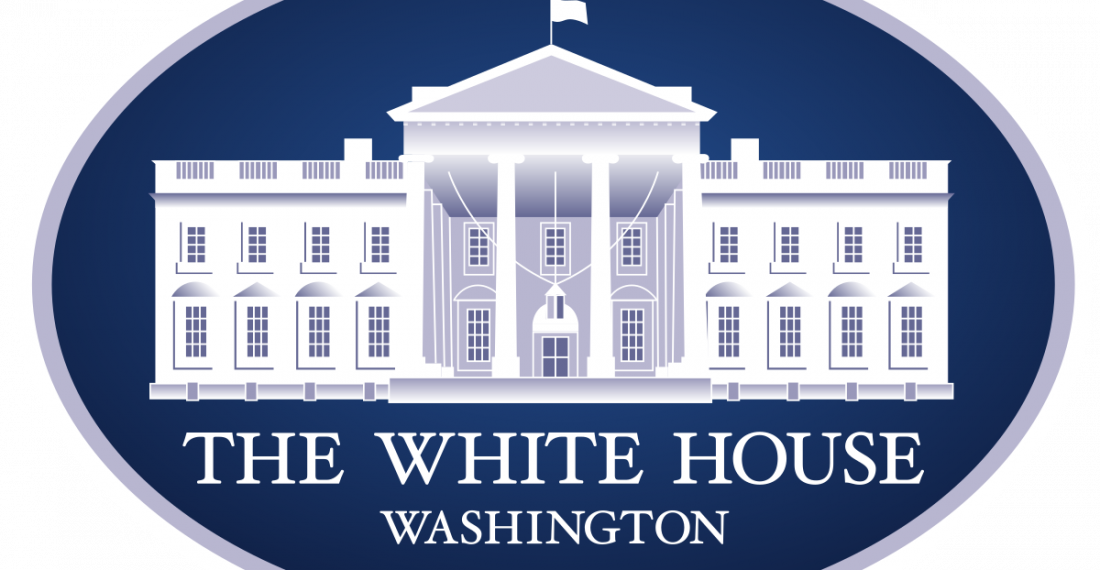US president Joe Biden has become the first US leader to issue a statement formally describing the 1915 massacre of Armenians in Anatolia during the waning days of the Ottoman Empire as genocide.
It is a moment for which Armenian diaspora communities in the United States have lobbied hard for decades. Previous US administrations have not used the term genocide in formal statements amid concerns over damaging relations with Turkey, a NATO ally. Biden became the first US president to use the term in an annual message, stating:
"We remember the lives of all those who died in the Ottoman-era Armenian genocide and recommit ourselves to preventing such an atrocity from ever again occurring. We affirm the history. We do this not to cast blame but to ensure that what happened is never repeated."
A US official reiterated that the intention was not to place blame on modern Turkey, which the official called a "critical NATO ally." "It is very much the intention of the statement – very much the intention of the President – to be doing this in a very principled way focused on the merits of human rights, and not for any reason beyond that including placing blame," the official told reporters.
But the issue is highly sensitive, with Turkey acknowledging atrocities but rejecting the term "genocide". Foreign Minister Mevlut Cavusoglu said on Saturday that Turkey "entirely rejects" the US decision. "We will not take lessons from anyone on our history," he tweeted. Later the Turkish foreign ministry said it had summoned the US ambassador to convey Ankara's "strong reaction".
Turkish leaders, and politicians from across the political spectrum have condemned Biden's statement. Similar condemnations were expressed in Azerbaijan.
Turkey recognises that many Armenians were killed in events at the end of the Ottoman Empire, but rejects that they were part of an official state policy of extermination of Armenians.
President Recep Tayyip Erdogan offered condolences on Saturday to the Patriarch Sahak Masalyan of Turkey's Armenian community for the Armenian population of Ottoman Empire who lost their lives during the “difficult conditions” of World War I, saying:
"I commemorate with respect the Ottoman Armenians who have lost their lives in the difficult conditions of World War I, and I extend my condolences to their grandchildren."
The president added that the politicization of the issue against Turkey, which needs to be researched by historians, does not benefit anyone.
He emphasised that Turkish and Armenian populations have been living in unity in Anatolia for centuries, adding that Ankara also wants good neighbourly relations with Yerevan.
"We cannot allow the culture of peaceful co-existence between Turks and Armenians, which lasted for centuries and set an example to all mankind, to be forgotten. The politicisation of debates, which historians ought to engage in, by third parties and their use as a tool of meddling has not served anyone’s interests. It is my belief that building our identity on the pain, which the past inflicted on our souls, alone is highly unfair to future generations," the president added.
"As Turks and Armenians, we must finally demonstrate that we have reached the kind of maturity to overcome all obstacles together."
On Friday, Patriarch Masalyan, the head of the Armenian community in Turkey, issued statement condemning "the use of the pain of Armenian community for political purposes".







